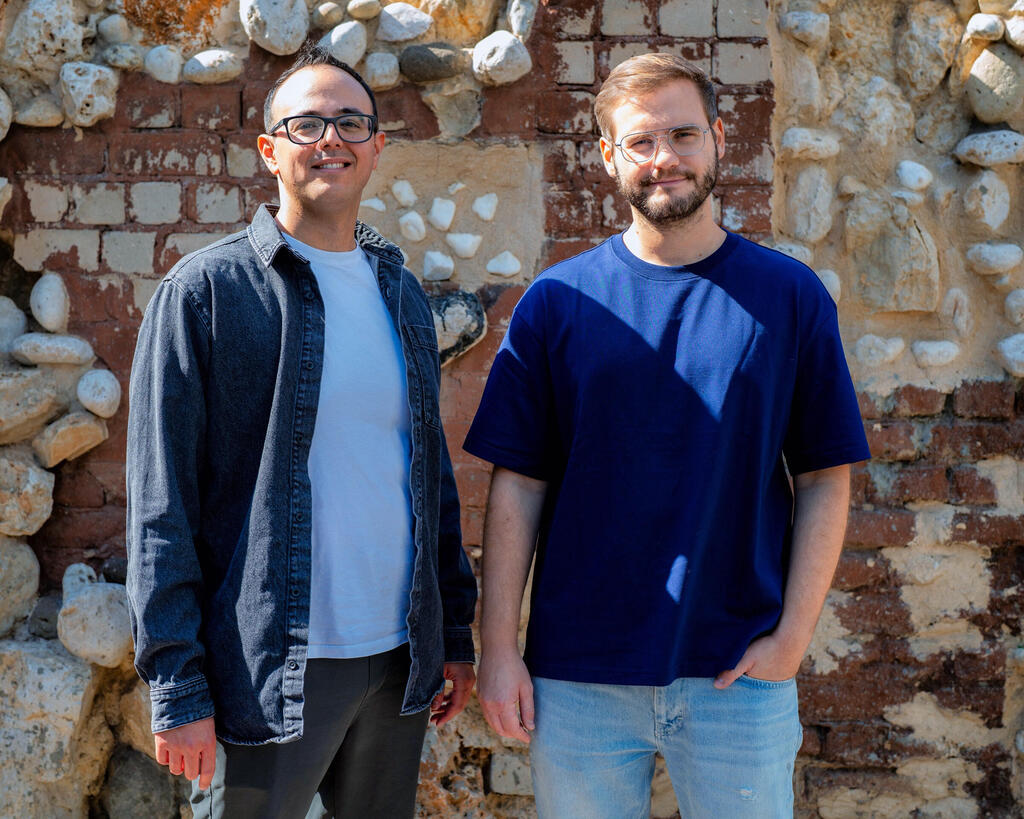
Stigg raises $17.5M to address growing demand for dynamic pricing in AI and SaaS
The company’s platform enables developers to instantly implement flexible, scalable pricing strategies in response to shifting market demands.
Stigg, which has developed a monetization platform for engineers, has raised $17.5 million in a Series A funding round. The round was led by Red Dot Capital Partners, with participation from Unusual Ventures, Emerge Ventures, Redseed, and Cerca Partners. This funding brings the company’s total investment to $24 million. Stigg was founded by CEO Dor Sasson and CTO Anton Zagrebelny.
The rapid adoption of generative AI in SaaS products and intensifying market competition have changed how software is sold. Companies need to support multiple revenue channels simultaneously while racing to launch AI-powered features that demand new monetization approaches — from consumption-based pricing and AI credits to hybrid models combining subscriptions and usage. Traditional billing systems, often integrated into software products in an ad hoc manner, force engineering teams to spend quarters or years implementing complex changes across billing infrastructure, CRMs, and product experiences.
Stigg’s solution allows developers to build granular access control at the feature level (Entitlements) using an extremely flexible domain model and friendly APIs. Through a single API, Stigg connects with existing billing providers, CRMs, pricing pages, and product experiences, allowing companies to instantly deploy new monetization strategies from a single platform. Its clients include companies such as Miro, Webflow, AI21 Labs, and PagerDuty.
“We are developing infrastructure for developers that enables companies to create dynamic software pricing models. Many companies selling AI to organizations struggle to establish effective pricing strategies and lack the necessary tools,” Sasson told Calcalist. “Our platform provides the infrastructure to disassemble and customize product offerings for flexible pricing. Currently, we employ over 20 people, and we plan to double our workforce in the next 12 months, primarily in the United States and Israel.”














